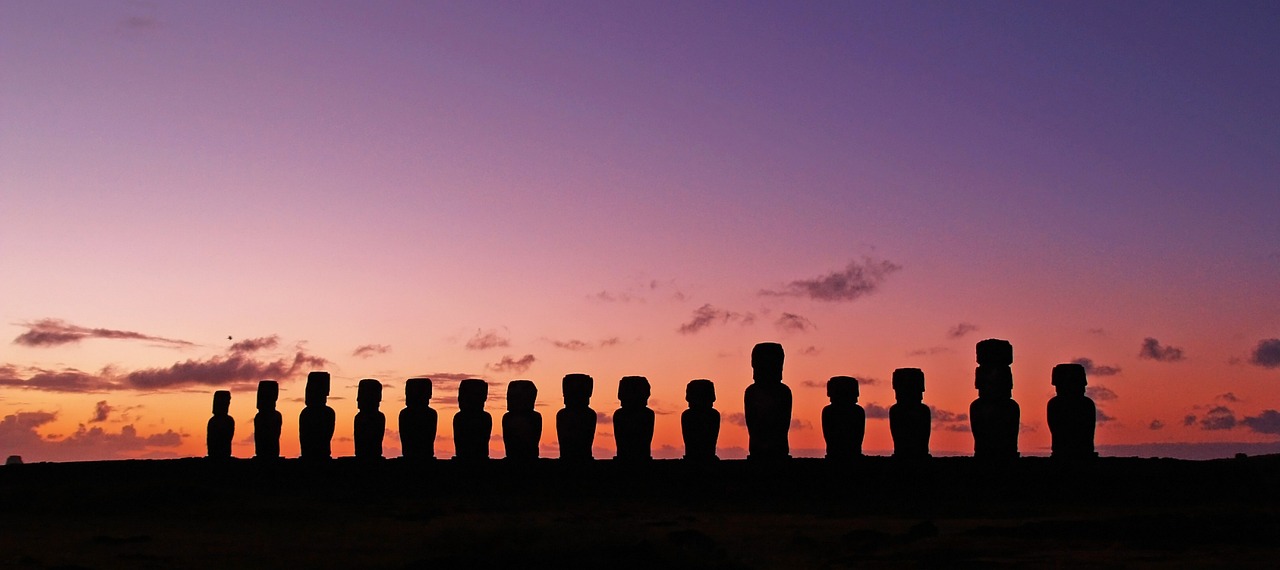The central region of Chile, specifically around the densely populated area of Valparaiso, has been devastated by a series of destructive wildfires, resulting in the tragic loss of at least 46 lives, as announced by President Gabriel Boric in a statement made on Saturday evening. The fires have wreaked havoc, destroying over 1,100 homes and leaving countless residents displaced, highlighting the severity of the situation.
According to information provided by the Associated Press, President Boric has voiced concerns over the potential rise in the death toll, given the ongoing battle against four major wildfires that continue to engulf the Valparaiso region. These fires have severely hampered the efforts of firefighting teams to reach and assist the communities most at risk.
In a plea to the citizens, President Boric has emphasized the importance of cooperation with the evacuation orders issued by rescue and emergency services. He warned of the rapid advancement of the fires, exacerbated by the harsh climatic conditions including high temperatures, strong winds, and low humidity, all of which contribute to the challenging task of controlling the spread of the fires.
Interior Minister Carolina Tohá, earlier on the same day, reported that a total of 92 forest fires were actively burning across the central and southern parts of Chile. This alarming number has been attributed to a spell of unusually high temperatures recorded during the week. The Valparaíso region has been hit the hardest, with the most significant loss of life, prompting authorities to urge thousands of residents to evacuate their homes to safer areas.
For those residing in areas not directly affected by the wildfires, the directive has been to stay indoors. This strategy is aimed at ensuring that roads and highways remain clear for the unhindered movement of emergency vehicles, such as fire engines and ambulances, thereby facilitating faster response times and access to those in need amidst the crisis.
The situation near the towns of Quilpué and Villa Alemana was particularly dire, with two fires consuming an expanse of at least 8,000 hectares (approximately 19,770 acres) since igniting on Friday. Furthermore, the fires posed a significant threat to the coastal resort town of Viña del Mar, with several neighborhoods already suffering considerable damage.
The AP report detailed the plight of the Villa Independencia neighborhood, located on the eastern outskirts of Viña del Mar, where the inferno left a trail of destruction. Homes and businesses that had stood for decades were reduced to ashes, leaving residents like Rolando Fernández, who had lived in the area for 32 years, in utter disbelief and despair. Fernández recounted the rapid escalation of the fire, which in a mere 15 minutes, had engulfed the vicinity in flames and smoke, forcing everyone to flee for their lives. The loss was profound, with Fernández lamenting, “I’ve worked my whole life, and now I’m left with nothing.”To address the crisis, officials have established three shelters in the Valparaíso area to offer prompt support to the impacted individuals. An extensive firefighting operation is underway, with 19 helicopters and over 450 firefighters deployed to combat the fires. The challenging terrain, including mountains and precarious neighborhoods on the outskirts of Viña del Mar, has made the containment efforts particularly difficult.
Compounding the challenges faced by emergency services, officials have reported power outages caused by the fire. Interior Minister Carolina Tohá disclosed that, within the Valparaíso region, evacuations were necessary for four hospitals and three nursing homes for the elderly. Additionally, the fire resulted in the destruction of two bus terminals, further disrupting the region’s infrastructure and mobility.
The backdrop to these devastating wildfires is the El Niño weather phenomenon, which has been particularly prevalent this year. This climatic condition has led to droughts and higher temperatures across the western region of South America, significantly increasing the risk of forest fires. The impact of El Niño was evident earlier in the year when fires consumed over 17,000 hectares (around 42,000 acres) of forests in Colombia, underscoring the widespread nature of the threat.
As Chile grapples with the aftermath of these catastrophic wildfires, the focus remains on rescue and recovery efforts, with a nationwide call for solidarity and support for those affected. The tragedy has brought to light the dire consequences of climate-related disasters and the need for urgent measures to mitigate their impact and prevent future occurrences.

